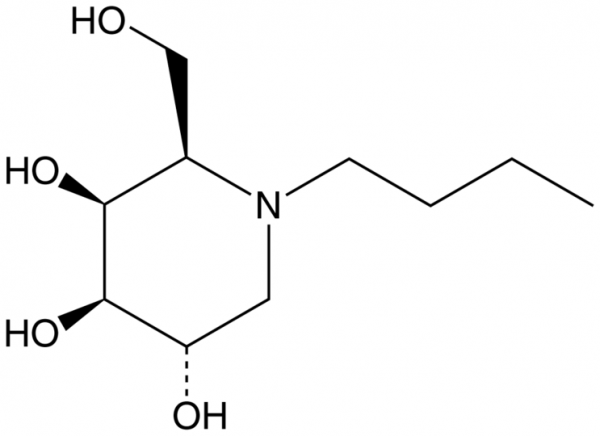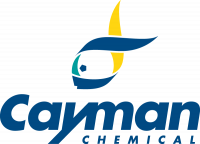Cookie preferences
This website uses cookies, which are necessary for the technical operation of the website and are always set. Other cookies, which increase the comfort when using this website, are used for direct advertising or to facilitate interaction with other websites and social networks, are only set with your consent.
Configuration
Technically required
These cookies are necessary for the basic functions of the shop.
"Allow all cookies" cookie
"Decline all cookies" cookie
CSRF token
Cookie preferences
Currency change
Customer-specific caching
FACT-Finder tracking
Individual prices
Selected shop
Session
Comfort functions
These cookies are used to make the shopping experience even more appealing, for example for the recognition of the visitor.
Note
Show the facebook fanpage in the right blod sidebar
Statistics & Tracking
Affiliate program
Conversion and usertracking via Google Tag Manager
Track device being used

If you have any questions, please use our Contact Form.
You can also order by e-mail: info@biomol.com
Larger quantity required? Request bulk
You can also order by e-mail: info@biomol.com
Larger quantity required? Request bulk
N-(n-Butyl)deoxygalactonojirimycin (NB-DGJ) is an inhibitor of the glycolipid biosynthesis enzyme... more
Product information "N-(n-Butyl)deoxygalactonojirimycin"
N-(n-Butyl)deoxygalactonojirimycin (NB-DGJ) is an inhibitor of the glycolipid biosynthesis enzyme glucosylceramide synthase and the glycolipid catabolic enzymes glucocerebrosidase (GBA) and beta-glucosidase 2 (GBA2). It also inhibits acid alpha-glucosidase, sucrase, maltase, and lactase. NB-DGJ (0.5-500 µM) reduces glycolipid levels in HL-60 and WEHI-3B cells. It decreases brain ganglioside levels in a Glb1-/- neonatal mouse model of GM1 gangliosidosis when administered intraperitoneally at doses of 600 and 1,200 mg/kg four times per day for three days. NB-DGJ (1-1,200 mg/kg per day for 35 days) increases testicular glucosylceramide levels in mice. NB-DGJ induces abnormal spermatid and acrosome formation, as well as reduces motility, in isolated mouse epididymal sperm when administered at doses of 15, 25, and 50 mg/kg per day. It also induces infertility, an effect that is reversed by withdrawal, in the same model.Formal Name: 1-butyl-2R-(hydroxymethyl)-3S,4R,5S-piperidinetriol. CAS Number: 141206-42-0. Synonyms: Lucerastat, NBDGJ. Molecular Formula: C10H21NO4. Formula Weight: 219.3. Purity: >95%. Formulation: (Request formulation change), A crystalline solid. Solubility: DMF: 20 mg/mL, DMSO: 30 mg/mL, Ethanol: 5 mg/mL, PBS (pH 7.2): 10 mg/mL. SMILES: OC[C@H]1N(CCCC)C[C@H](O)[C@@H](O)[C@H]1O. InChi Code: InChI=1S/C10H21NO4/c1-2-3-4-11-5-8(13)10(15)9(14)7(11)6-12/h7-10,12-15H,2-6H2,1H3/t7-,8+,9+,10-/m1/s1. InChi Key: UQRORFVVSGFNRO-XFWSIPNHSA-N.
| Keywords: | Lucerastat, NBDGJ, 1-butyl-2R-(hydroxymethyl)-3S,4R,5S-piperidinetriol |
| Supplier: | Cayman Chemical |
| Supplier-Nr: | 19520 |
Properties
| Application: | alpha-D-galactosidase inhibitor |
| MW: | 219.3 D |
| Formula: | C10H21NO4 |
| Purity: | >95% |
| Format: | Crystalline Solid |
Database Information
| CAS : | 141206-42-0| Matching products |
| KEGG ID : | K01189 | Matching products |
Handling & Safety
| Storage: | -20°C |
| Shipping: | -20°C (International: -20°C) |
| Signal Word: | Warning |
| GHS Hazard Pictograms: |
|
| H Phrases: | H302, H312, H315, H319, H332, H335, H361 |
| P Phrases: | P201, P202, P261, P264, P270, P271, P280, P312, P321, P330, P301+P310, P302+P352, P304+P340, P305+P351+P338, P308+P313, P332+P313, P337+P313, P361+P364, P362+P364, P405, P403+P233, P501 |
Caution
Our products are for laboratory research use only: Not for administration to humans!
Our products are for laboratory research use only: Not for administration to humans!
Information about the product reference will follow.
more
You will get a certificate here
Viewed

